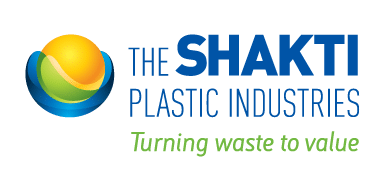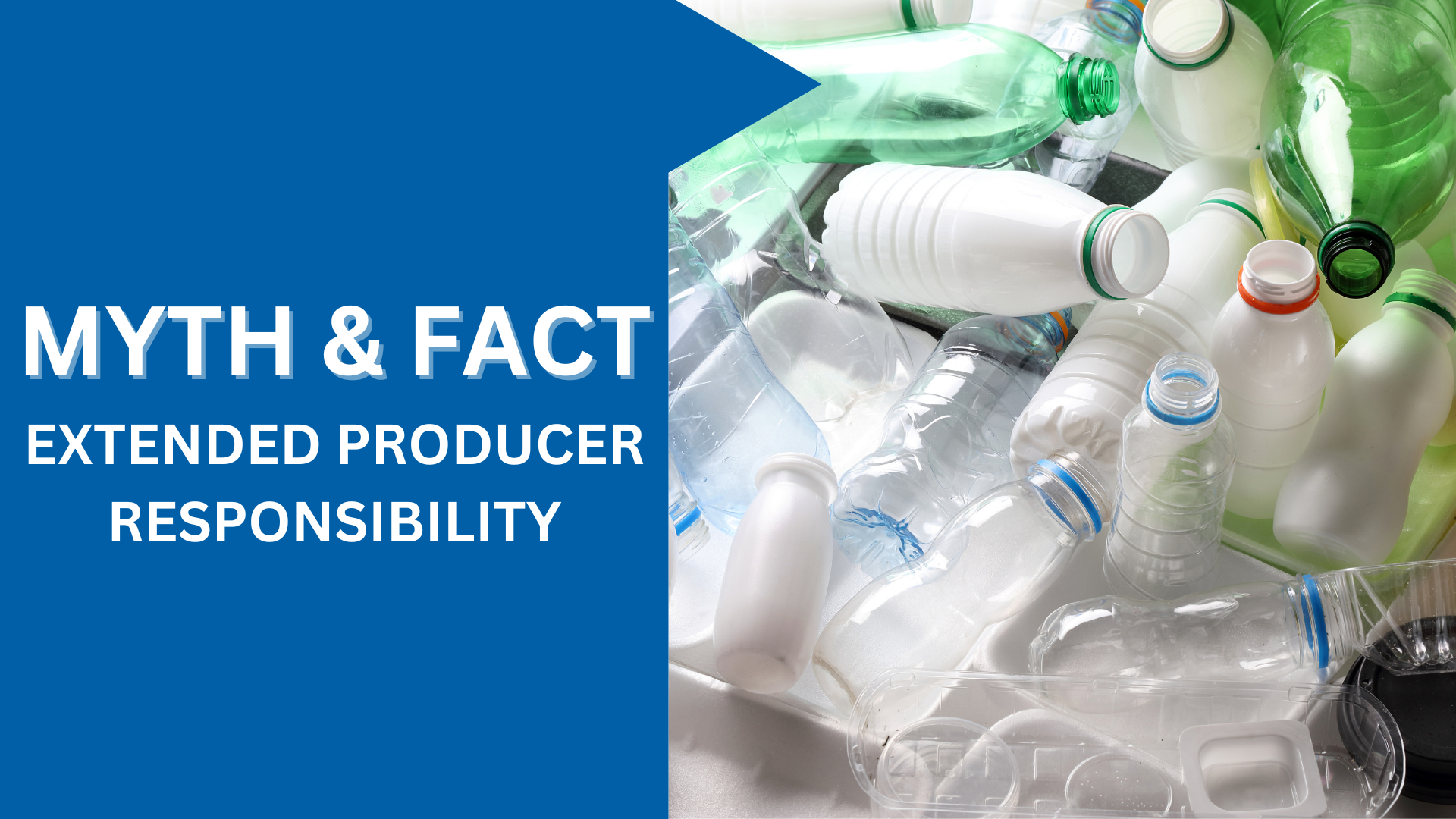What is EPR?
Have you ever bought a product and wondered about its life cycle? Extended Producer Responsibility, commonly referred to as EPR, is an environmental policy approach where producers bear a significant degree of responsibility for the post-consumer phase of their products. In simpler terms, companies are responsible for what happens to their products once they’ve been used.
Importance of EPR in India
In a country like India, with its massive population and increasing consumerism, waste management becomes a pressing concern. EPR acts as a policy tool ensuring companies play their part in reducing waste and managing disposal.
Common Myths Surrounding EPR
Myth 1: EPR is only for large corporations
Think EPR is just for the big players? Think again! This is a common misconception. Many believe that only large corporations are under the scanner, but that’s not the case.
Myth 2: EPR doesn’t impact consumers
How often have we tossed a product in the trash without a second thought? While EPR might seem like a producer-focused initiative, it has ramifications for us as consumers too.
Myth 3: EPR regulations are too strict
“It’s just too hard to comply!” is a phrase many businesses grumble. The belief is that EPR regulations are excessively stringent and not feasible for businesses.
Debunking the Myths
Fact 1: EPR is for all businesses
Whether you’re a start-up selling handmade crafts or a multinational tech giant, EPR regulations apply to all businesses. The goal is a sustainable environment, and everyone has a role to play.
Fact 2: EPR affects consumer behavior and choices
As companies become more responsible for their post-consumer products, it can lead to a shift in consumer behavior. We might start seeing more eco-friendly products, recyclable packaging, and higher participation in take-back programs.
Fact 3: EPR regulations benefit the environment
While they may seem strict, EPR regulations are designed with the environment in mind. By enforcing responsible waste management practices, we can significantly reduce pollution, leading to cleaner air and water.
The positive impacts of EPR in India
Boost to recycling industries
With EPR pushing for more responsible disposal practices, the recycling industry in India has received a much-needed shot in the arm. This not only aids the environment but also generates employment.
Cleaner cities and villages
By making companies responsible for their waste, we’ve seen a reduction in indiscriminate dumping, resulting in cleaner urban and rural landscapes.
Conclusion
EPR is not just a set of regulations – it’s a shift towards a more sustainable future. By debunking the myths surrounding it, we can better understand its benefits and embrace the change it brings. After all, isn’t a cleaner, greener India a dream we all share?



